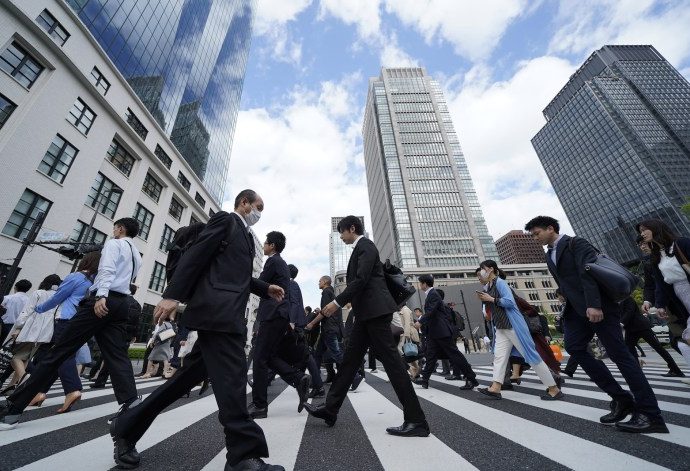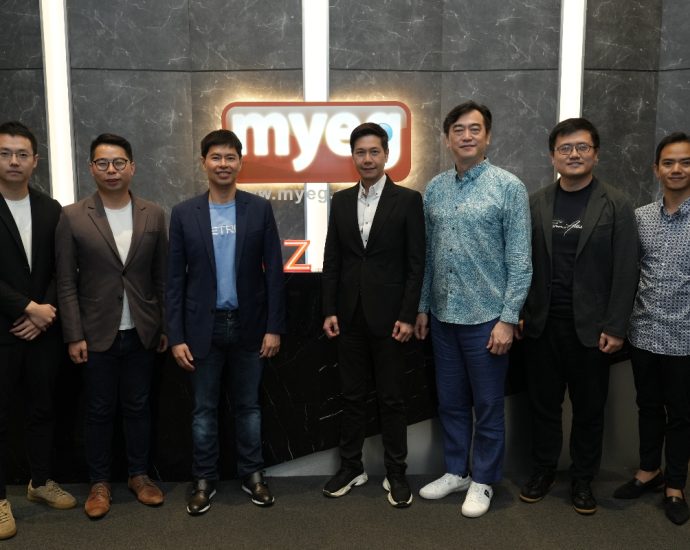Can startups cure Japan’s economic stagnation? – Asia Times
China, Mexico and Canada account for such a large share of US agricultural exports that it’s easy to forget about Japan, the country from which I’m writing this post. That’s a shame, because Japan is important to American commercial farmers.
From 2020 to 2022, Japan was the fourth largest market for US agricultural products, buying more than the Eurozone and Central Asia combined. In 2022, the US was the largest supplier of food and agricultural products to Japan and Japan was the largest market for US beef and pork and the second largest for US corn.
As important as it is to American farmers and ranchers, Japan is inordinately important to me. I spent eight years here in the 1980s and ’90s as The Wall Street Journal’s Tokyo bureau chief and have devoted many long hours to the study of the Japanese language.
In the past eight years I have visited Japan three times because, well, my friends here aren’t getting any younger. And because, having covered Japan as a journalist decades ago, I am fascinated by the ways in which the country has changed and is changing.
There are, of course, many things that haven’t changed, starting with geography. Japan houses a population of 125 million in an area smaller than California that’s 73% mountainous. Natural resources, including farmland, are scarce, which is why Japan imports 100% of its corn, more than 90% of its soybeans and more than 60% of its beef and veal.

Japan is situated uncomfortably close to China, a continent-sized country with more than a billion people, a big army and bitter memories of Japan’s invasion and persecution a century ago. Another neighbor, North Korea, has nuclear weapons, unpredictable leaders and a snarly attitude.
Japan has been able to overcome its geographical handicaps thanks to the post-World War II order created largely by the United States. That order encouraged trade, enabling Japan to prosper, and linked Japan to the US in a protective military alliance.
Naturally, then, the Japanese friends and acquaintances I’ve been talking with during my visit here are wondering about the durability of that postwar order. Would it change to Japan’s detriment in a second term of a president who loves high tariffs and has often threatened to close down US military bases overseas?
In 2016 and ’17, then-Japanese Prime Minister Shinzo Abe worked hard to establish a golfing-buddy relationship with then-President Donald Trump. Japanese leaders were disappointed that Trump withdrew the US from the Trans-Pacific Partnership trade pact and imposed 25% tariffs on steel imports, but on the whole Japan emerged from the Trump years relatively unscathed.
Now, though, candidate Trump is threatening to impose 10% tariffs on all imports. Chinese imports would get a 60% tariff. He has said he’d encourage Russia to attack NATO allies that don’t spend enough on defense.
Needless to say, these comments have gotten Japan’s attention. Folks here are wondering what a second term would mean for Japan’s trade with the US and the US-Japan alliance.
Along with that big international uncertainty, the Japanese are also facing a big domestic uncertainty – the future of their economy. Could it be finally turning the corner after three decades of stagnation?
There are some positive signs. Just the other day the Tokyo stock market finally climbed back to its 1989 high mark. But the past has seen many false starts. To get on the path to sustained economic growth will require Japan to come to grips with two realities.
One is demographic – its aging and shrinking population. Broadly speaking, economies grow when more people work and people work more productively. When fewer people work, an economy can only grow if it’s a lot more productive. In his new book The Contest for Japan’s Economic Future, economist Richard Katz argues that Japan needs a productivity revolution.
The other reality: Japan’s past strengths have become its weaknesses. Take, for example, the lifetime employment system. When I was covering Japan, it was considered a pillar of the country’s economic success. Being assured of keeping their jobs, employees didn’t fear new technologies. Being assured of employees’ loyalty, employers felt freer to provide training.
In a stagnant economy with a shrinking population the system has become a burden. But employers can’t legally lay longtime employees off. They’ve responded by hiring temporary workers at lower wages. That’s good for profits but bad for the economy, as the population overall has less purchasing power.
To Katz, the solution is entrepreneurialism. Japan needs more startup companies. He cites several encouraging examples but worries the government isn’t doing enough to encourage the trend.
In the aftermath of Japan’s crushing World War II defeat countless new companies sprung up. Some of them, like Sony, have become giants. Katz makes a good case that given the right incentives, the Japanese could do it again.
Former longtime Wall Street Journal Asia correspondent and editor Urban Lehner is editor emeritus of DTN/The Progressive Farmer.
This article, originally published on March 8 by the latter news organization and now republished by Asia Times with permission, is © Copyright 2024 DTN/The Progressive Farmer. All rights reserved. Follow Urban Lehner on X @urbanize


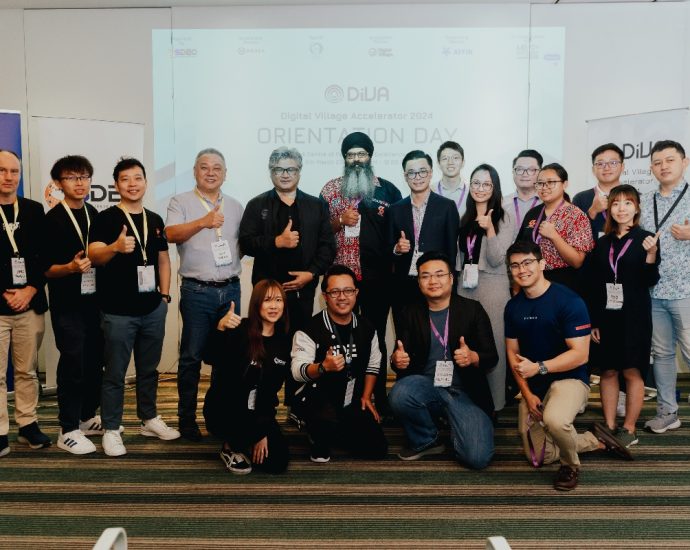
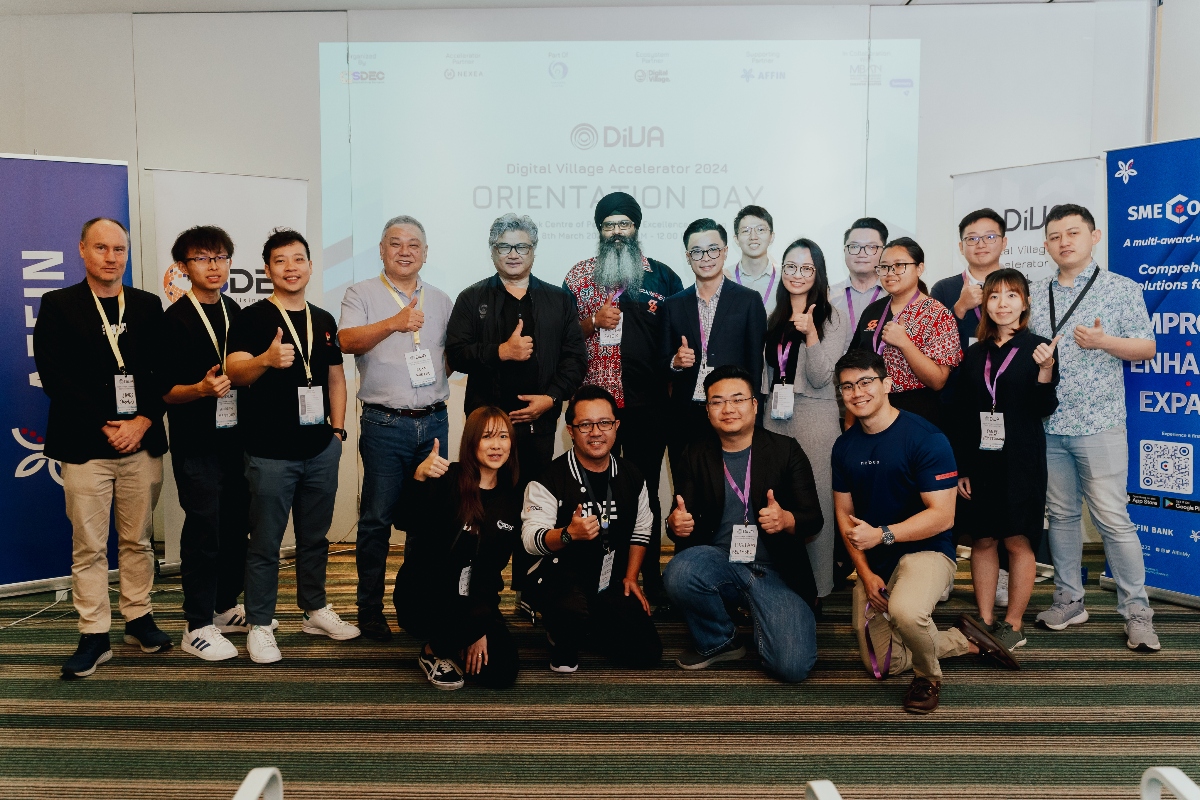
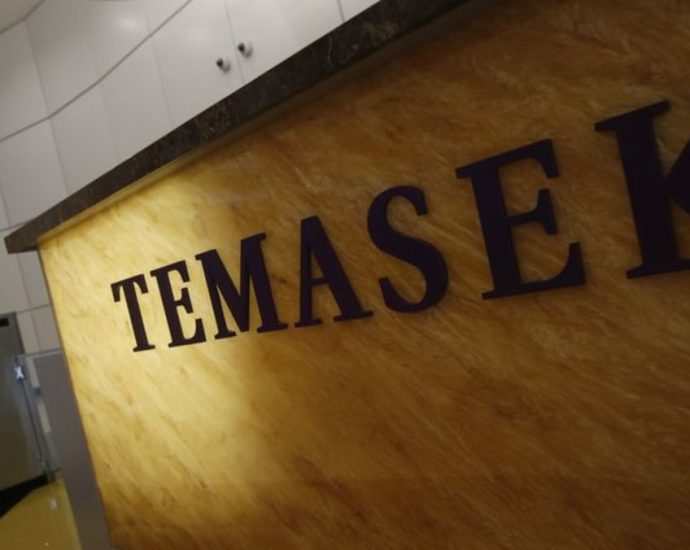

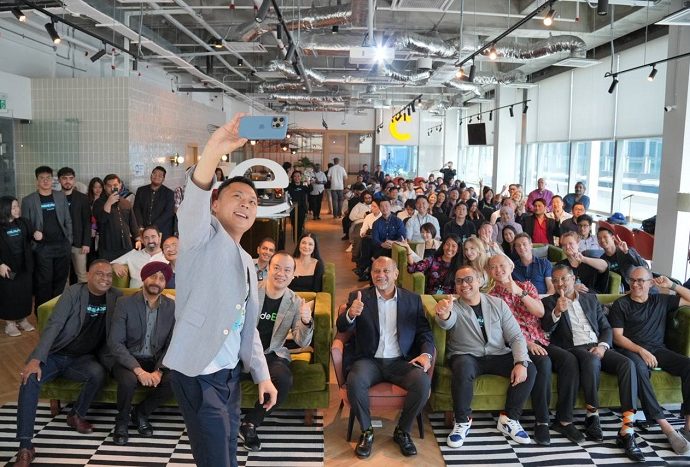



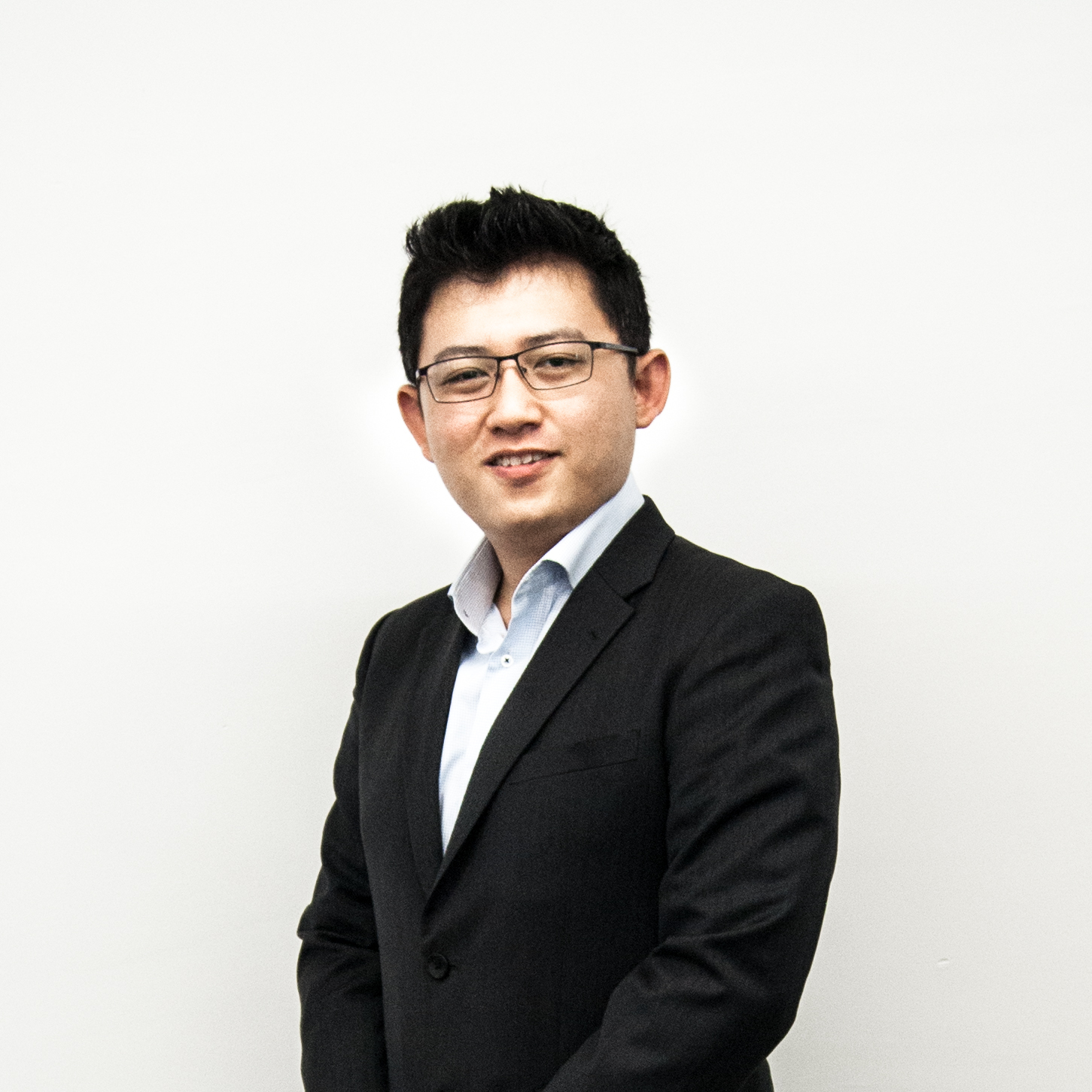 ections with payment-centric firms that not only align with our strategic vision but also profoundly resonate with our stakeholders’ aspirations,” Yeoh said.
ections with payment-centric firms that not only align with our strategic vision but also profoundly resonate with our stakeholders’ aspirations,” Yeoh said. 